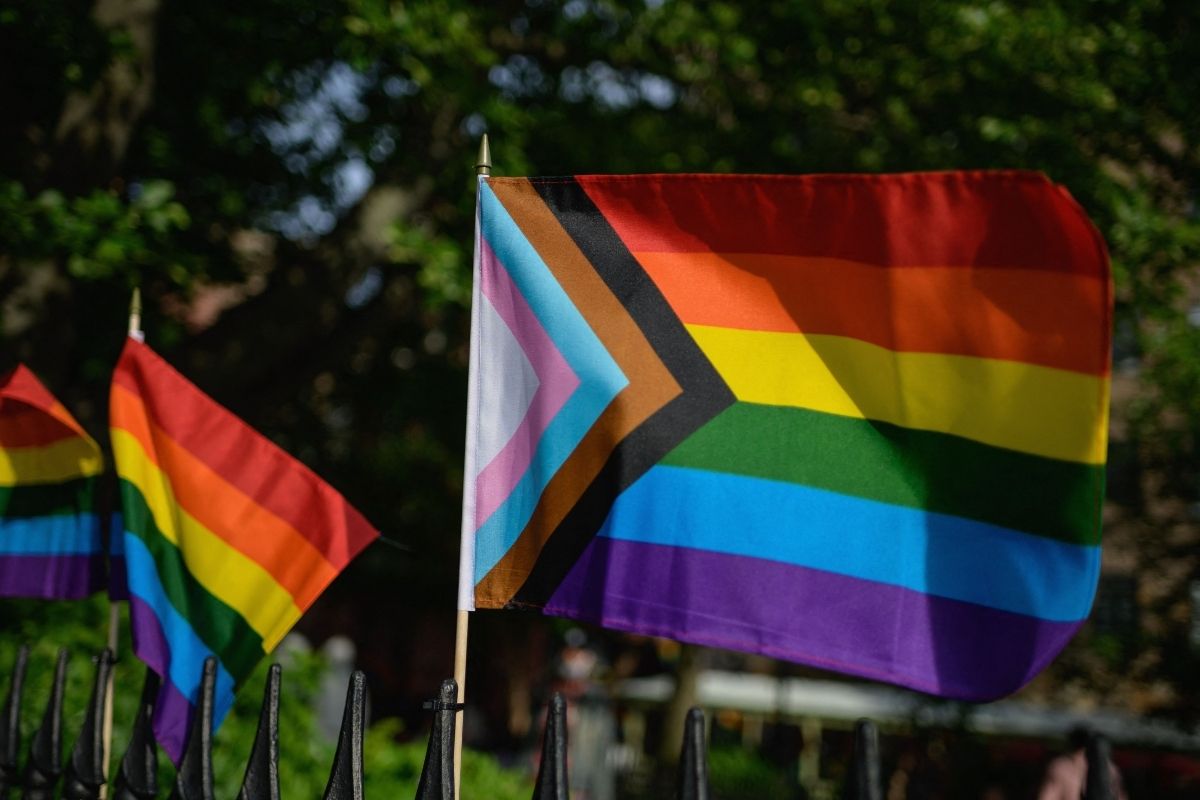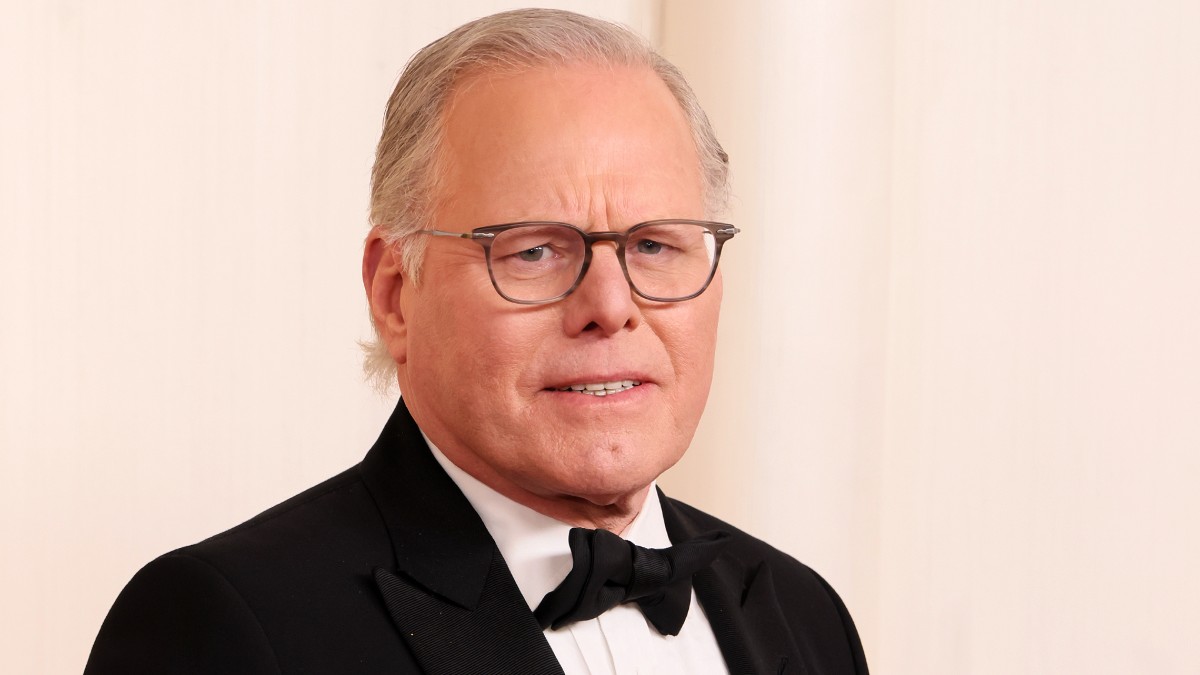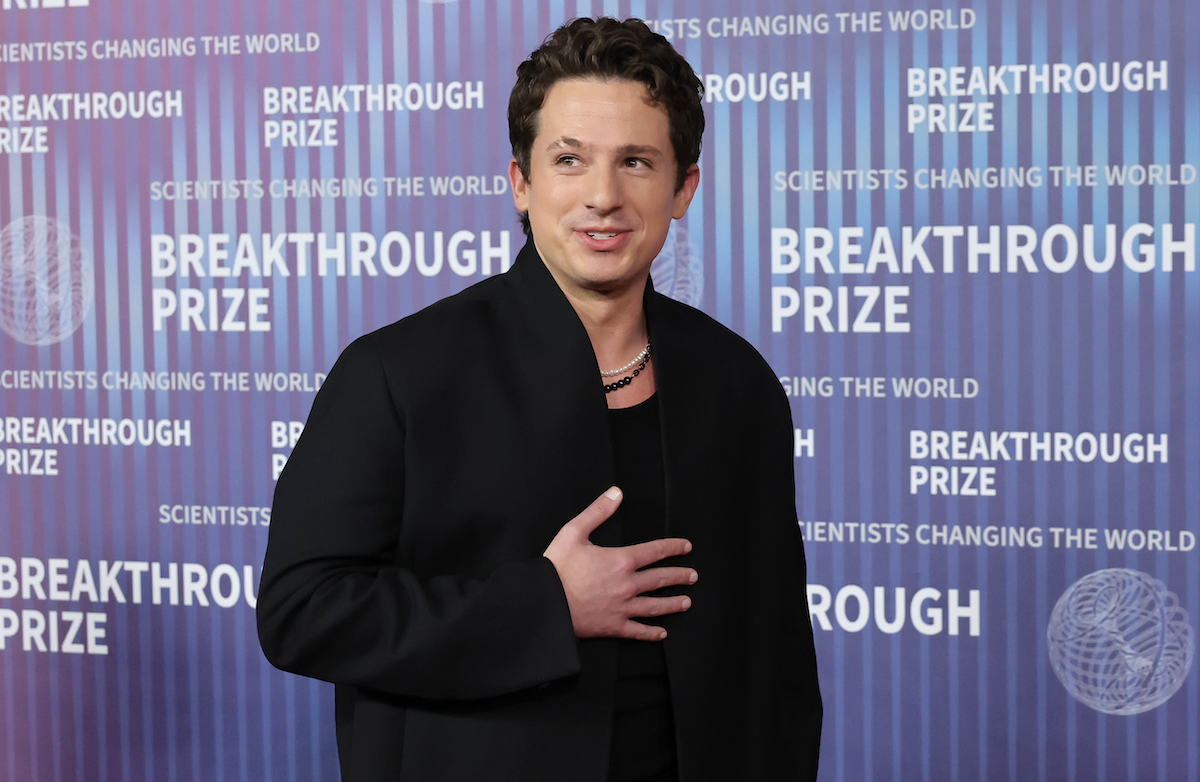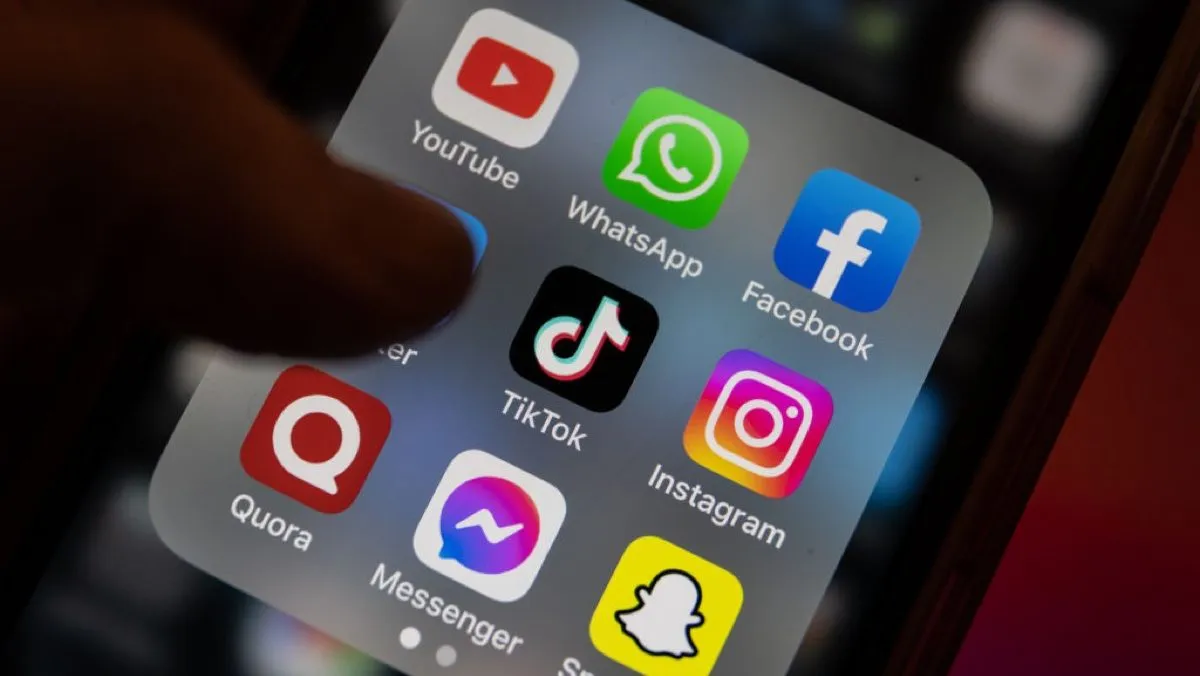Quotient? Quotidian? Quixotic? I’m quonfused.
All those words would get you a ton of points in Scrabble. But we’re not playing Scrabble, are we? We’re playing the game of life.
And life, my friends, is a rather queer thing, is it not?
That’s what the “Q” stands for my loves, “Queer”. But what exactly does being queer mean? Does it involve a love of rainbow fentanyl? Or maybe it implies that one only reads manga that is gay as hell? Well … yes, maybe! But also not necessarily. Queer means a variety of different things to a variety of different people. The one common denominator is that queer people tend to be “cooler” than the average person. It’s a scientific fact. I don’t make the rules. I simply enforce them.
And now, allow me to enforce upon you the Glorious History of the Word Queer.
What does queer mean, exactly?
Gladly! First let’s begin with the word itself, and its rather unfortunate origins. The word “queer” is an old word in the English lexicon, and generally means anything that is “weird” or “off”. Reading any Victorian detective story will illustrate this perfectly. “My dear Watson! I have a queer feeling that someone is watching me!” “Good heavens Holmes! That is decidedly queer indeed!” Does this mean that Sherlock Holmes and Watson were one of literature’s first queer couples? Again, not necessarily. But also … YES. IT TOTALLY DOES.
So when do the origins of the word “queer” become unfortunate you ask? After all, it seems to me a rather endearing word, no? Well, it was. But during the turn of the century, the word “queer” was used as a derogatory term for gay men, but could also refer to anyone who didn’t fit the norm. The word was harmful for decades, and worming its way into a lexicon of hate alongside words such as “f*ggot” and “fairy”. Even schoolchildren used it, as the unfortunately named playground game “smear the queer” was one that just about every child knew of, even in the early aughts, myself included.
The word “gay” began to see widespread use during the mid-20th century, with a gay identity being adopted in the ’60s and ’70s. “Queer,” however, will still not a term that was accepted in the LGBT community. This began to change in the ’80s, as an effort was made to reclaim the slur, and the term began to see more widespread usage in the LGBT community by the late ’90s.
Now, the term is ubiquitous within the LGBTQ+ community. In today’s day and age, the term refers to anyone and anything that is outside of the heteronormative. Basically, if you’re not cis and straight, you’re queer. Because of this, the term is also short of a shorthand for the LGBTQ+ community at large. Personally, I believe that the word also signifies a paradigm shift in how the LGBTQ community thinks about itself. In the past, there were bars, clubs, and spaces that catered specifically to the gay community or the lesbian community, and those spaces were usually populated by cisgender members of that community. In the modern day, we are beginning to see the rise of queer spaces. Spaces that don’t specifically cater to the L, the G, the B, or the T, but rather the entire alphabet at once. It is a word that nearly everyone in the LGBTQ+ community has accepted as a term that refers to the entire community, thus solidifying LGBTQ+ solidarity even further.
You Said “Nearly Everyone,” Are There People Who Don’t Like The Term?
Yes, there are. Some people, especially those who have experienced being called that word pejoratively don’t like the term. After all, given the word’s checkered history, many people may feel triggered by its use. This is especially true of older generations who lived through eras where term was widely used as a slur, but members of younger generations may also take offense as well. It should be noted that while “queer” is generally acceptable to say, referring to a person as “a queer” is still offensive, as that harkens back to how the word was used as a homophobic putdown. Nevertheless, the term still sees widespread use, and never in my personal queer life have I encountered a member of the community who takes offense to the term. However, there are people within the LGBTQIA+ community who are not necessarily offended by the term, but also do not believe that “queer” is an accurate descriptor of all the various identities represented under the LGBTQIA+ umbrella. It’s the next shoe size down from “LGBTQIA+,” but that doesn’t mean that the shoe fits everyone.
Wait, But I’ve Seen Versions f LGBTQ+ Acronym That Are Spelled “LGBTQQ”. What’s The “Q” For?
Good eye, tiger! While generally “LGBTQ+” is spelled as such, some people add an additional “Q” to stand for “questioning”. What does “questioning” mean? It refers to people who feel that they might be LGBTQ+ but aren’t sure yet! They’re still figuring it out. While the second “Q” is usually omitted from “LGBTQ+,” the single “Q” still stands for “questioning” as well as “queer”. Personally, I love this inclusion of the term “questioning,” as I find it to be a signifier of the openmindedness of the LGBTQ+ community. Basically, it means you can still be part of the party even if you’re not sure if you want to stay. There’s no shame in experimenting, and after all, many of us were once in the “questioning” phase ourselves.
So the LGBTQIA+ Community andnd The Queer Community Are Basically The Same Thing, With Some Exceptions?
Yes, I’d say that’s correct. While it might not be possible to find a term that encapsulates the entire scope of LGBTQIA+ identities, “queer” is the closest we have. It DOES however signify the very best parties on the face of the Earth. I don’t care who you are or where you come from, there are NO better celebrations than queer celebrations. After all, the community owes much of its identity to the nightlife scene. Needless to say, we kinda wrote the book on it. If you’re looking to snort ketamine and kiss anything with a pulse, a queer party is the party for you.
(Featured Image: Angela Weiss/AFP via Getty)








